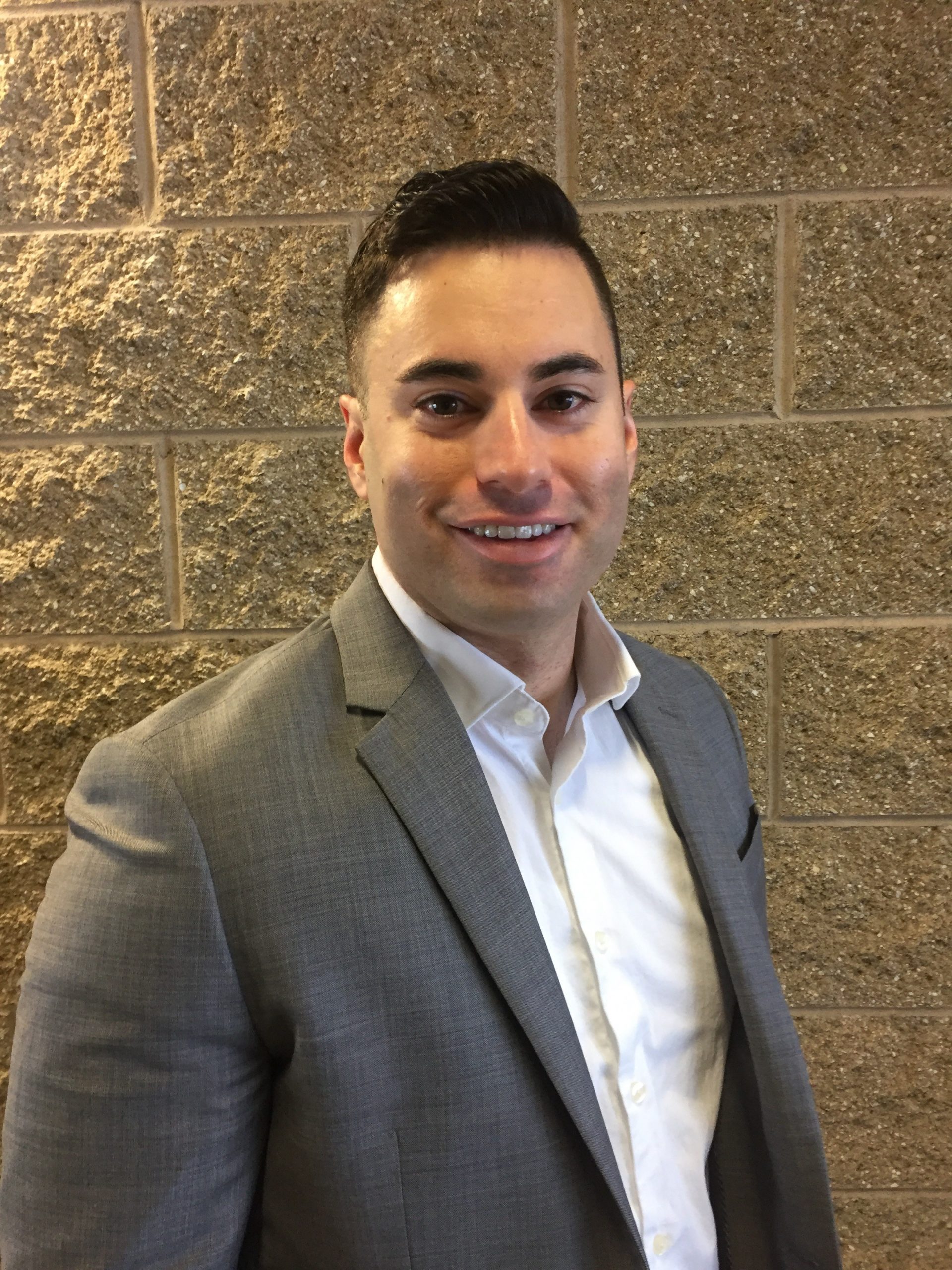In recent years, the demand for addiction treatment services has surged. The opioid crisis, rising alcohol abuse rates, and mental health challenges exacerbated by the COVID-19 pandemic have highlighted the need for accessible, quality care.
As a result, the addiction treatment industry is expanding, and so is the need for effective marketing strategies to reach those who need support.
Addiction treatment and alcohol detox marketing are both critical components of the healthcare industry. Proper marketing gives accurate information to those who are dealing with substance use disorders (SUDs), also known as addiction.
Effective marketing is not just about drawing clients in. In this industry, it’s all about promoting recovery, fighting stigma, and encouraging people to seek the help that they need. This means marketers need to use ethical, responsible, and informative marketing strategies.
Here we will discuss how rehab centers can use addiction treatment marketing to guide more people on the path to recovery.
Understanding Addiction Treatment and Alcohol Detox
In order to promote these services properly, we need to understand how treatment works.
Simply put, addiction treatment is a structured approach to helping people overcome their drug or alcohol addiction. While there is no one-size-fits-all solution to this medical condition, treatment typically includes a combination of medical, psychological, and social support tailored to the specific needs of each patient.
The recovery process usually starts with an assessment to understand the severity of the addiction. This assessment will also help determine if there are any co-occurring mental health conditions that need to be addressed.
Everyone experiences addiction differently, which is why a personalized approach is needed. But common treatment methods include counseling, behavioral therapy, medication-assisted treatment (MAT), and support groups like Alcoholics Anonymous (AA) or Narcotics Anonymous (NA).
Detox, also known as medical detox, is another part of treatment. Drug and alcohol detox is usually the first step in treating addiction because it focuses on safely removing the harmful substance from the body while managing withdrawal symptoms.
During detox, the patient’s withdrawal and cravings will be monitored and managed by medical professionals.
The goal of addiction treatment is not just to help the patient get sober, but also to equip them with the coping skills needed to maintain their sobriety. Long-term sobriety is possible if the person addresses the root causes of their addictive behavior and learns how to cope with their cravings without relapsing.
Treatment plans can vary in intensity, ranging from outpatient therapy to intensive residential programs, depending on the level of care needed.
The Role of Marketing in Addiction Treatment
Marketing for addiction treatment therefore requires a thoughtful approach because it directly impacts people’s lives. The goal is not only to promote a service but also to provide education, build trust, and create a safe environment for potential clients to seek help.
Here are some of the key objectives of addiction treatment marketing:
- Building Trust and Credibility: People seeking addiction treatment are often in a vulnerable state. Building trust is very important because clients need to feel confident that the facility they choose will provide safe, effective, and compassionate care.
- Raising Awareness: Many individuals and families are unaware of the full spectrum of treatment options available. Effective marketing educates the public about different treatment methods, the importance of professional care, and all the available resources.
- Offering Hope and Encouragement: Addiction recovery is a challenging process. However, marketing can provide hopeful messages that encourage people to take the first step. Highlighting success stories and testimonials can be particularly motivating for those who are afraid of going to rehab.
- Encouraging Immediate Action: Addiction treatment marketing often emphasizes urgency. When a person is ready to seek help, it’s essential to guide them toward a phone call, consultation, or initial assessment without delay.
Developing an Effective Addiction Treatment Marketing Strategy
Today, the best way to create an effective marketing strategy for your rehab center is to mix traditional with digital marketing strategies. Regardless of which platform or strategy you are using, you need to put an emphasis on empathy, clarity, and ethical standards.
Building a Strong Online Presence
The internet is a primary tool for those who want to research various addiction treatment options. This means your rehab facility needs an engaging and informative website. Your website will serve as the first point of contact, so it is important to provide all the essential information that will guide potential clients to your facility.
Having a strong online presence means combining search engine optimization (SEO), targeted content marketing, social media, content marketing, and other digital strategies. All these elements work together to build your community while establishing your credibility.
With a strong online presence you won’t just attract leads—you will show that you are a trustworthy and accessible source of information. This makes clients more likely to call or send a message.
Since many people turn to the internet first when they’re ready to explore treatment options, the importance of a strong online presence cannot be overstated. By creating an informative website with clear calls to action and evidence-based resources, you can empower people to take that leap of faith towards a sober life.
Search Engine Optimization
SEO is all about optimizing your website and content so that people can find you online whenever they use search engines for relevant keywords. A strong SEO strategy can improve your center’s visibility in search results, making it easier for people to find the quality care that they need.
Start by identifying relevant keywords related to addiction treatment, recovery, and mental health services that your target audience is likely to use in searches. If you are offering specific or unique treatment programs, use those keywords as well. With these keywords, you can optimize your online presence while providing valuable information to your potential clients.
SEO also includes building high-quality backlinks, creating informative resources, and optimizing for local SEO (such as location-based searches like “rehab centers near me”). Monitoring and adjusting SEO performance using tools like Google Analytics or SEMrush will help refine your strategy.
Search engine optimization works great because it helps you reach people who are actively searching for your services online. However, keep in mind that this is a long-term strategy and SEO will not produce results overnight.
Social Media Engagement
One way to actively engage with your community online is through social media. Platforms like Facebook, Instagram, X (Twitter), and LinkedIn, can be effective in raising awareness and providing educational content.
However, social media strategies for addiction treatment centers still need to be sensitive and respectful. Here are some things to incorporate into your social media campaign:
- Community Building: Encourage followers to share stories of recovery or connect with others for support.
- Educational Posts: Share resources on addiction, mental health, and wellness to educate followers.
- Success Stories: Posting stories of individuals who have successfully completed treatment can provide hope and inspiration to others.
Pay-Per-Click Advertising (PPC)
Since organic efforts can take some time to generate results, you also need to combine them with paid advertising—specifically pay-per-click (PPC) advertising.
PPC allows addiction treatment centers to display targeted ads at the top of search engine results when people search for specific keywords online. This approach ensures that ads reach those who are in immediate need of help or are searching on behalf of a loved one. PPC increases the likelihood of connecting with the right audience.
To maximize the effectiveness of PPC campaigns, it’s essential to focus on keyword research, ad relevance, and landing page optimization. Targeted keywords should reflect the language potential clients use when seeking help, while ad copy must be compassionate and action-oriented, encouraging users to click through.
With careful planning and continuous monitoring, PPC advertising can be a powerful tool in driving qualified leads to addiction treatment services, helping more people access the care they need.
Outreach and Community Involvement
Not all your efforts need to be online. Building connections with local communities and healthcare providers is a valuable way to gain referrals and trust.
- Partnerships with Healthcare Providers: Establishing relationships with hospitals, mental health clinics, and primary care physicians can help generate referrals.
- Community Events: Hosting or sponsoring events on addiction awareness or mental health can raise a center’s profile and foster goodwill.
- Public Speaking and Workshops: Speaking at schools, community centers, or public events can be a powerful way to educate people on addiction and available treatments.
Ethical Considerations in Addiction Treatment Marketing
Marketing addiction treatment services comes with an ethical responsibility to protect vulnerable individuals. Misleading or overly aggressive tactics can harm people and damage the reputation of the entire industry.
Transparency and Honesty
To foster trust, transparency and honesty are vital in addiction treatment marketing. Your goal through all of these marketing tactics is to provide clear and accurate information about your services, methods, success rates, and any associated costs.
This honest approach ensures that prospective clients and their families understand what to expect without encountering misleading claims. Transparent marketing helps people make informed decisions about their treatment options, avoiding false hope or unrealistic expectations that can lead to disappointment or harm.
Respecting Privacy
It goes without saying that respecting people’s privacy is extremely important, especially those who are seeking addiction treatment. Those who are dealing with SUDs often face stigma. In fact, their fear of judgment is one of the biggest reasons why people hesitate to seek treatment.
Marketing efforts must comply with privacy regulations, such as HIPAA, and should never use individuals’ personal stories or testimonials without informed consent. Even when consent is given, care should be taken to protect identities and ensure that privacy is upheld.
Respecting privacy reassures patients that their journey to recovery will be treated with discretion and dignity.
Avoiding Exploitative Tactics
Avoiding exploitative tactics is essential to ethical marketing in addiction treatment, as it helps protect people during a vulnerable time. This includes refraining from using scare tactics, exaggerated claims, or financial coercion to attract clients.
Unethical practices like “patient brokering”, where people are directed to certain centers for financial incentives, exploit those in need. Ethical marketing should prioritize genuine concern for the well-being of clients over financial gain.
Focusing on Compassionate Messaging
Compassionate messaging in addiction treatment marketing involves using language that is supportive, non-judgmental, and empathetic.
By focusing on hope, recovery, and support, rather than stigma or fear, treatment centers can create a welcoming atmosphere that encourages people to seek help. Compassionate messaging acknowledges the challenges of addiction while inspiring confidence in the recovery process, helping people feel understood and respected. This approach fosters a positive image for treatment centers and the broader industry.
Work with MasterMindSEO
Marketing addiction treatment and alcohol detox services is a sensitive endeavor. The right approach goes beyond promoting a business; it provides life-changing information to individuals and families in crisis. Successful marketing in this field is built on trust, transparency, compassion, and a deep understanding of the unique needs of those struggling with addiction.
With careful strategy, ethical practices, and a focus on education and support, addiction treatment centers can reach those who need help the most—offering not only treatment but also hope for a new beginning.
Addiction treatment advertising and marketing require a careful balance between connecting with those in need and adhering to ethical and legal standards. When this is done right, it can have a powerful impact on those who need help the most.
Proper marketing can help patients find the courage to get started on their recovery journey. The key to success is understanding your audience, crafting messages that resonate on an emotional level, and providing clear, actionable steps toward hope and healing.
And because social marketing has become such an indispensable tool for addiction treatment centers, it is important to work with a company you trust.
MasterMindSEO has experience in performing digital marketing campaigns for e-commerce, national, regional and local businesses. Email or call and we will be happy to see how we can help your center get more leads and help more patients!
Ready to take your addiction treatment SEO to the next level? Want to rank your detox center on Google Maps? Let MasterMindSEO help you.
[button color=”undefined” hover_text_color_override=”undefined” url=”https://bookme.name/MasterMindDBS” text=”Get More Admits!” color_override=””]

